|
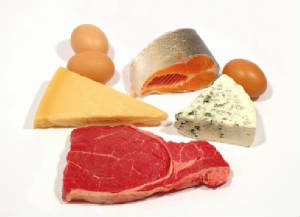
Carbohydrates
Carbohydrates are your body’s primary energy
source. They are constructed from carbon, hydrogen and oxygen. Carbohydrates can be either simple or complex with simple carbs
containing one or two sugars and complex carbs containing three or more. Apart from being a great source of energy, this macronutrient
is also an excellent source of phytonutrients (which protect your body from free radical damage) and vitamins (which support
many functions in the body).
Whilst most carbohydrates supply your body with energy, fibre (also
known as cellulose) is an exception to this rule. Fibre is a complex carbohydrate that cannot be digested and instead of providing
energy it keeps blood glucose levels under control, promotes good bowel health and protects you from certain diseases.
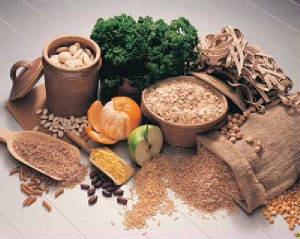
Dietary Fats
Dietary fats are all constructed from a combination of carbon
and hydrogen. They are one of the 3 macronutrients but can be broken down into four main types; monounsaturated fats (where
carbon atoms are bonded to the hydrogen atoms at all but one point), polyunsaturated fats (where carbon atoms are not bonded
to hydrogen atoms at two or more points), saturated fats (where all the carbon atoms are bonded to hydrogen atoms) and trans
fats (originally unsaturated fats that have a carbon atom addd to them either artificially or naturally).
With the exception of man made trans fats, all dietary fats are
beneficial to your health and have numerous roles in the body. Monounsaturated fats keep your blood cholestrol and blood glucose
levels under control whilst also protecting you from cancer. Polyunsaturated fats are key for brain health and also keep support
strong bones, healthy skin and good vision. Saturated fats support your vital organs, keep your immune system healthy and
strengthen your bones and cell membranes.
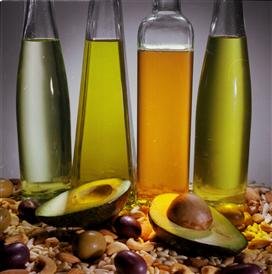
Water
The human body, which is made up of between 55 and 75 percent
water (lean people have more water in their bodies because muscle holds more water than fat), is in need of constant water
replenishment.
Water is crucial to your health. It makes up, on average,
60 percent of your body weight. Every system in your body depends on water.
Lack of water can lead to dehydration, a
condition that occurs when you don't have enough water in your body to carry on normal functions. Even mild dehydration -
as little as a 1 percent to 2 percent loss of your body weight - can sap your energy and make you tired. Dehydration poses
a particular health risk for the very young and the very old.
Click here to find out your nutritional water requirements
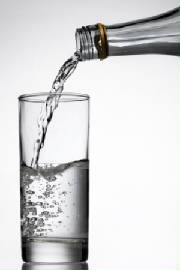
Nutritional Supplements
Nutritional supplements are used to supplement the deficiencies
in our diet. For optimal health we need all the nutrients we can get. Since no matter how well we eat our diets most of the
time do not provide all the nutrients we need, nutritional supplements fill those gaps. Nutritional supplements can help boost
our immune system, provide us with energy, help remove toxins from our bodies, improve our athlethisism, and help improve
our overall fitness.
To take full advantage of what dietary supplements can
offer, you must choose the right health supplements to take. It is only by
taking your choice seriously will you be able to live a fuller, and better life. Understand that supplements provide many
health benifits but they should not replace proper nutriton and nutritional practices. After all they are supplements.
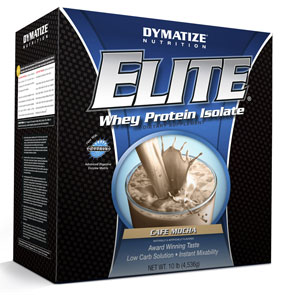
Check Out some Healthy Nutritional Choices Below:
|
Nutritional Categories |
|
Proteins |
Carbohydrates
(Starches) |
|
Chicken
Lean Beef
Turkey
Eggs
Whey Protein
Lean Pork
Salmon
Tuna
White Fish
|
Brown Rice
Oatmeal
Sweet Potatoes
Whole Wheat Pasta
Wheat Chex
Whole Grain Cheerios
Red Potatoes
Wheateena
Beans |
|
Carbohydrates
(Fruits)
|
Carbohydrates
(Vegetables)
|
|
Apples
Grapefruit
Oranges
Pineapples
Blueberries
Pears
Prunes
Raisins
Strawberries
|
Broccoli
Cauliflower
Zucchini
Mushrooms
Tomatoes
Carrots
Green Beans
Corn
Spinach
|
|
Fats
|
Supplements
|
|
Fish Oils
CLA
Sesame Seed Oil
Flax Seed Oil
Almonds
Avacados
Natural Peanut Butter
|
Whey Protein
Creatine
Branch Chain Amino Acids
Glutamine
Multi-Vitamins
Fish Oils |
|
Water
Drink
plenty!!! |
|

